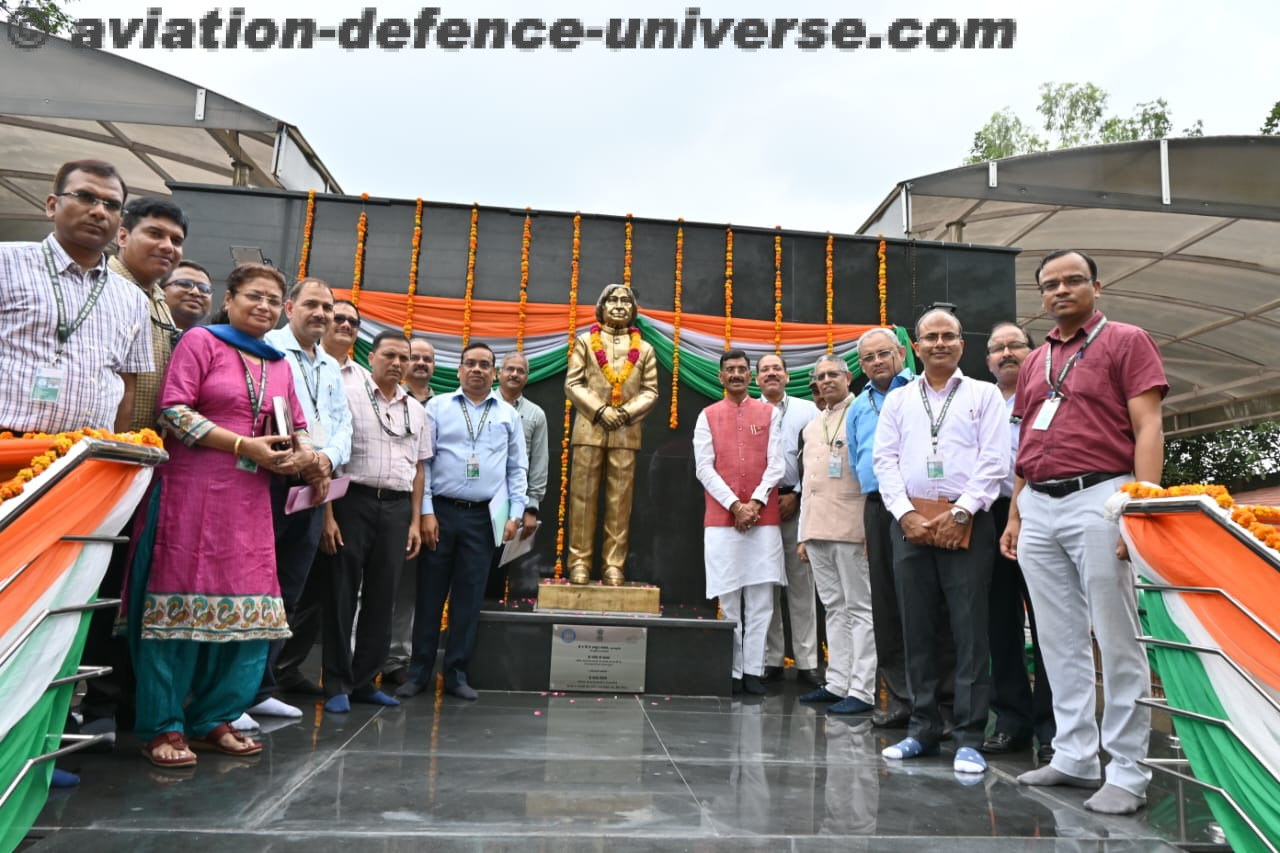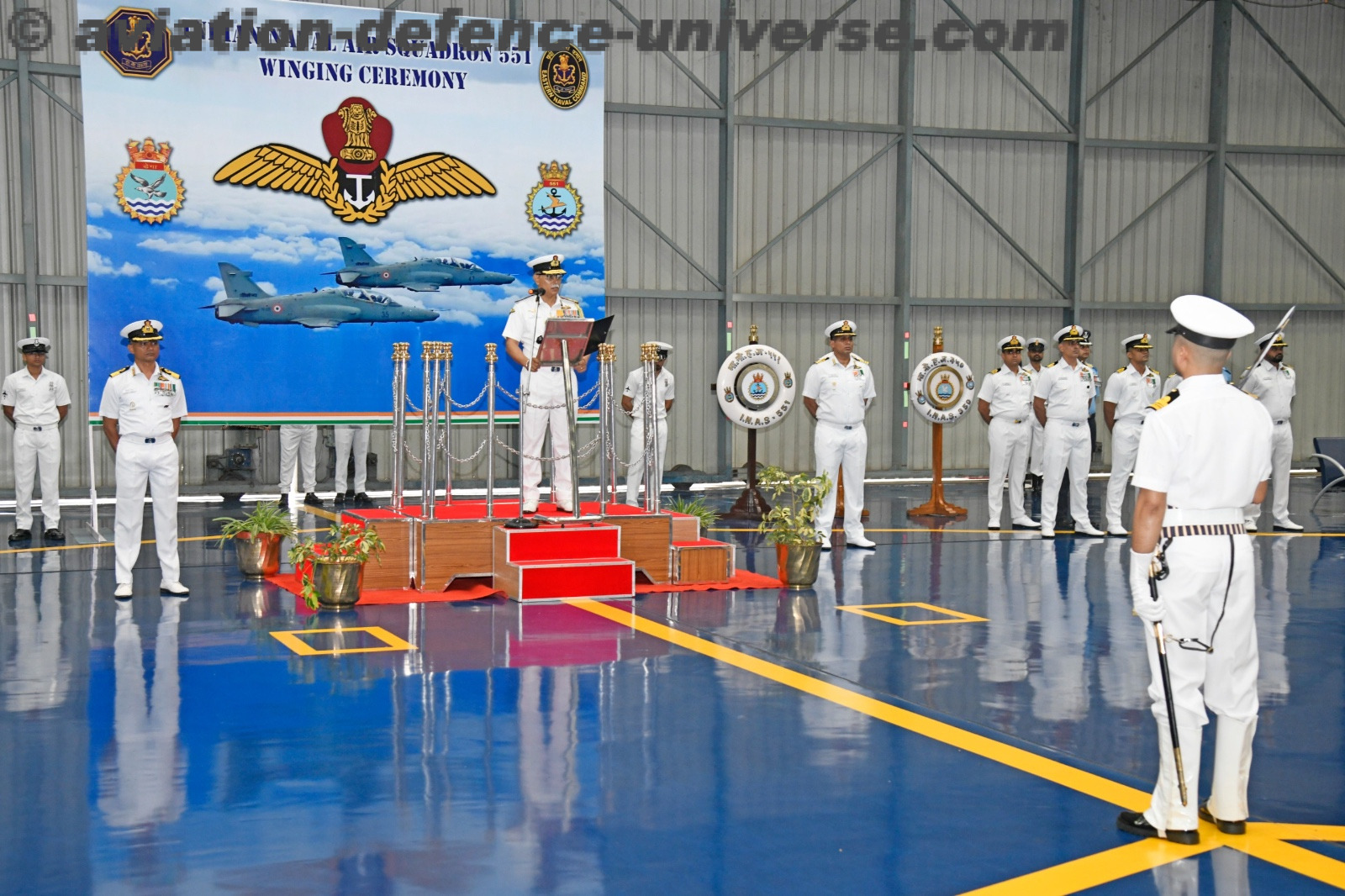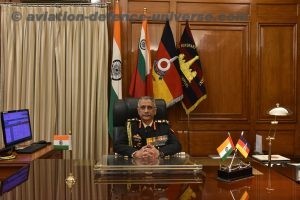- DIA needs R&AW, IB, NTRO, NIA & DRI
By Jai Kumar Verma
New Delhi. 15 January 2021. Internally, timely intelligence will save lives while in international arena it will help to chalk out foreign policy of the country including the decision whether to go for war or avoid it. The various terrorist activities in the country including the 2008 Mumbai attacks in which about 174 persons died while more than 300 were injured or Intelligence Bureau’s failure to know about Operation Gibraltar which resulted in 1965 India Pakistan war exposed the weaknesses of intelligence setup. The intelligence agencies also failed to assess about the real intentions of China when it attacked India in 1962 and more recently the People’s Liberation Army (PLA) soldiers attacked in Galwan valley in which our 20 valiant soldiers including a colonel were martyred. The latest Chinese attack in Ladakh area was at a large scale which needed lot of planning and preparation, but it appears that either detailed intelligence was lacking, or the political hierarchy refused to accept it.
‘Knowledge is power’ and timely intelligence helps government to formulate the policies. Nonetheless it may create friction between government and intelligence agencies if intelligence reports clash with the perceptions and desires of the politicians.
Although the intelligence reports help government to formulate state policies but sometimes the actions of intelligence agencies are against the laws of the land as well as in contradiction to international regulations. Now intelligence agencies launch ‘covert operations’ which may include overthrowing of lawful regimes or assassinations of uncomfortable political opponents or the dissidents.
The Baloch leaders allege that the Inter Services Intelligence (ISI) is involved in the murders of Baloch dissidents within Pakistan as well as abroad. They claim that the recent assassinations of Sajid Hussain in Sweden and Karima Baloch in Canada are the results of covert operations launched by ISI.
In olden days, the intelligence organisations were involved only in passive activities like collecting of information and converting it into intelligence and disseminating it to the consumers. Nevertheless, time has changed and now intelligence organisations are not only collecting intelligence but are also involved in building public opinion in favour of their country through the circulation of information and spreading of disinformation. Intelligence organisations win over political leaders, intellectuals, journalists, and persons of eminence which build public opinion for their country. The intelligence agencies of few countries, with hefty budgets, especially of dictators and military regimes, several times are involved in ‘black operations’ and these operations also involve ethical issues.
The intelligence organisations also penetrate undercover agents in criminal outfits including drug cartels, gangs of arms smugglers and human traffickers. In view of the enhanced activities of terrorist organisations, now intelligence organisations are paying more attention on the coverage of the activities of terrorist outfits.
In view of the enhanced importance of intelligence and after Pakistan’s attack on Kargil in 1999 the Defence Intelligence Agency (DIA) was created in March 2002 under the Ministry of Defence. The DIA coordinates military intelligence for all the three wings of armed forces. The formation of DIA was recommended by the Cabinet Group of Ministers led by Lal Krishna Advani the then Deputy Prime Minister. The Group of Ministers also recommended reforms of intelligence organisations and officers of United States also gave advice to Indian officers about the formation of DIA.
The DIA is headed by Director General and he advises the Defence Minister and Chief of Defence Staff. The DIA is the nodal agency for defence related intelligence and its post of director general will rotate between the three-armed services. The technical intelligence assets including Directorate of Signal Intelligence, Defence Image Processing and Analysis Centre (DIPAC) came under the purview of DIA. The DIA also administers Defence Information Warfare Agency (DIWA) which handles information warfare including cyber war, psychological operations, electronic intercepts and also monitors sound waves. The DIWA successfully intercepted several important and classified information which was of great value. However, its operations remain secret which is an important ingredient of any intelligence organisation.
The DIA along with Research and Analysis Wing (R&AW), Intelligence Bureau (IB), National Technical Research Organisation (NTRO), National Investigation Agency (NIA) and Directorate of Revenue Intelligence (DRI) are important segments of Indian nodal intelligence setup.
All the three branches of defence forces were working independently before the formation of DIA. Indian Army had field units and officers and staff were posted on border areas. Indian Army has separate cadre of intelligence officers who remain posted in intelligence units for several years. Indian Navy and Air Force have intelligence units, but they do not have a separate cadre but their officers work in intelligence units on rotation. So far, the intelligence units of defence forces were collecting intelligence of tactical value while strategic intelligence was catered by civilian intelligence agencies particularly R&AW and Intelligence Bureau.
Now the intelligence agencies of all the three services, the technical intelligence assets, DIPAC, DIWA all came under DIA hence its performance will considerably be enhanced. DIA with other vital intelligence agencies is also an important part of Indian nodal intelligence setup hence the capability of India of collecting valuable and actionable intelligence is considerably boosted.
In intelligence collection, the importance of intelligence gathering through interpersonal contacts or intelligence derived through human sources including interrogations and meetings from persons including agents having access to information cannot be mitigated. However, the significance of technical intelligence through signal intelligence, imagery intelligence has increased manifold.
At present the sophisticated technical gadgets are imported from abroad which may not be good from security angle hence India must take initiative under ‘Make in India’ programme and develop technical instruments.
Once our intelligence agencies are able to collect pinpointed actionable intelligence about the terrorist camps in Pakistan, we must launch 3rd surgical strike as it will give a stern message that they must stop low intensity war against India. The DIA which is the combination of intelligence and defence forces can play a decisive role in surgical strikes as well as future planning of country’s defence.
(Jai Kumar Verma is a Delhi-based strategic analyst and a retired senior intelligence officer. He is also member of United Services Institute of India and Institute for Defence Studies and Analyses. The views in the article are solely the author’s. He can be contacted at editor.adu@gmail.com)
























































































































